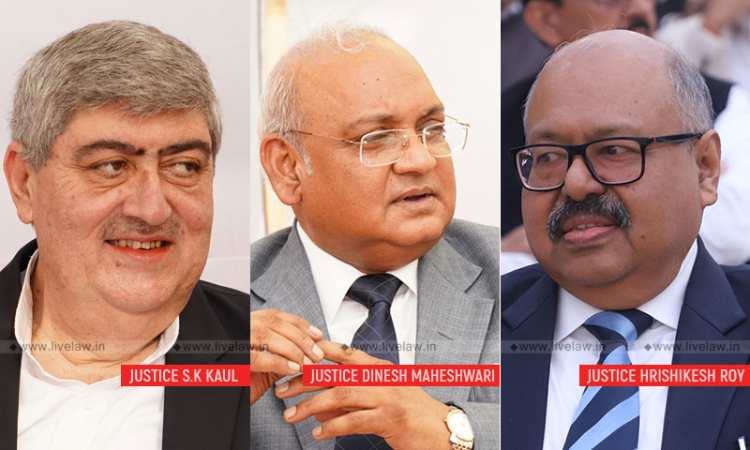Deprivation of property right can only be in accordance with the procedure established by law, reiterated the Supreme Court while considering a case involving proceedings under Madhya Pradesh Ceiling on Agricultural Holdings Act, 1960.The Predecessor-in-interest of the appellant was a bhumiswami of agricultural dry land. In 1979, an order was published against the appellant declaring that...

